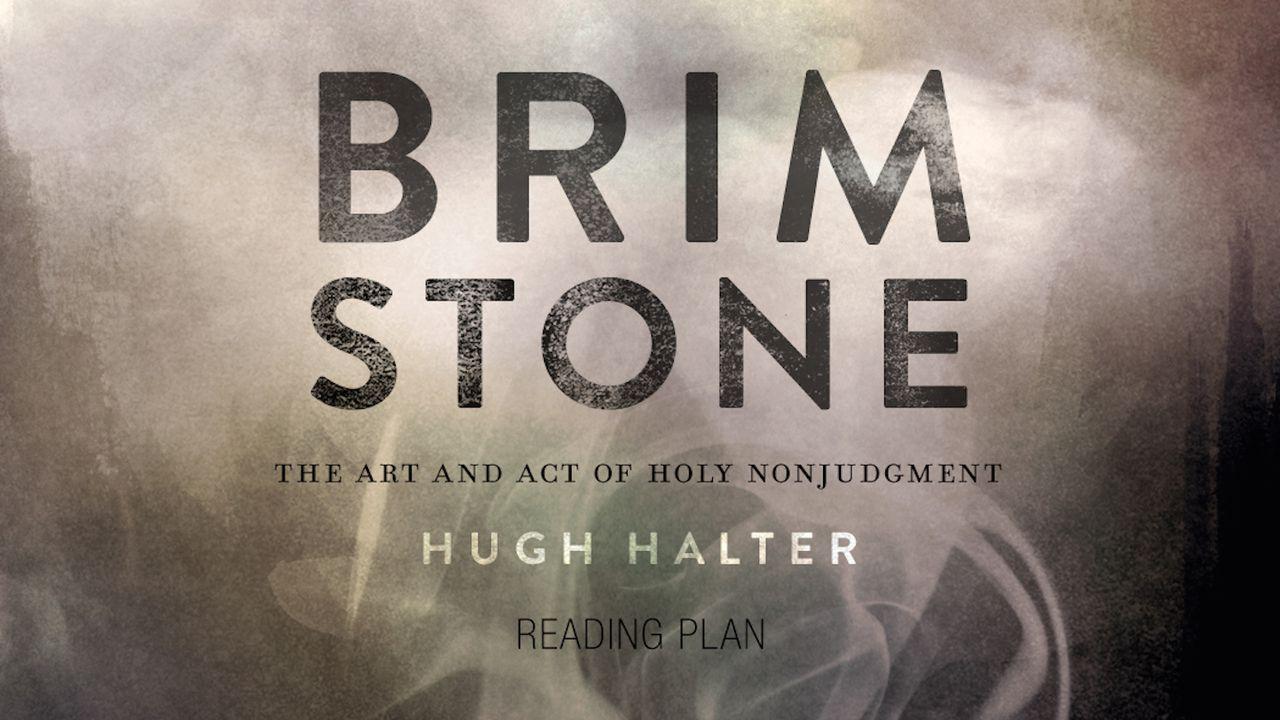Brimstone: The Art And Act Of Holy Nonjudgment預覽

Darkness
We see in John 3:16-18 that judgment and even condemnation exist, but only because of how we judge ourselves. Jesus doesn’t judge because he doesn’t need to. It’s like coming upon a drunk, stinky bum in the streets who’s missing most of his teeth. I don’t need to tap him on the shoulder and proclaim to him that he is a substance abuser who has screwed up his life. All he has to do is walk by a big glass store window. Then he will stand condemned by what he sees in the reflection.
Verses 19-21 give a very unique point about how we are to relate to people who are screwing up their lives or the lives of others. We may have enough knowledge to make a correct judgment over them, but if we take our cues from Jesus, we will realize we don’t need to impose our judgment. Eventually every sin will be uncovered, and in time people will confront their sin all on their own. If we judge them, then our condemnation might make them flee back into the dark, but if we stand in God’s light without condemnation, then He may use us to encourage others to also come out of the dark. I’ll admit, I struggle with this. I have always believed that Christians are to stand against evil. We are supposed to go after the bad guy. We are called by God to stand up for truth as we know it, even if in doing so we have to take up arms. Yet if Jesus is my Lord, I must heed his words in Matthew 5:38-45.
Most take this passage in context of physical confrontations, but I believe Jesus was giving us the new way of influencing those who see the world from a position of darkness. You see, people are not evil. Evil is a spiritual force that often controls people or blinds people, or causes people to do evil things. But darkness is never driven out by darkness. People only have the light bulbs turned on when they see the light in us. And light doesn’t have to confront to do it’s work. It just has to be there.
關於此計劃

Most of us can’t make it an hour without some judgment against another person or group.Brimstone invites us into the disruptive beauty found through a ministry of non-judgment.
More









